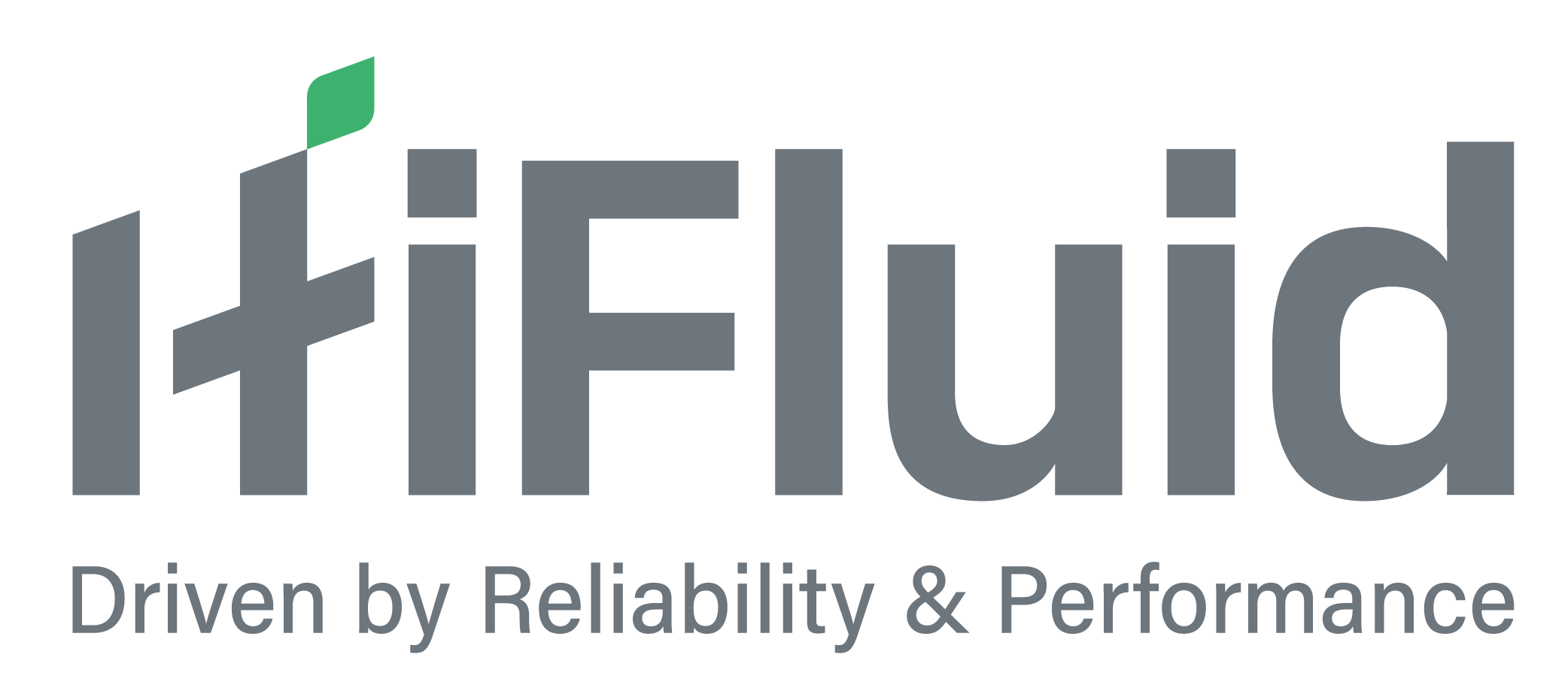Hochdruckpumpen spielen eine entscheidende Rolle beim Umgang mit Flüssigkeiten, da sie unter anspruchsvollen Bedingungen eine gleichbleibende Leistung bieten. Diese Pumpen sorgen für die Sicherheit, indem sie präzise Druckniveaus aufrechterhalten und die Gefahr von Lecks oder Systemstörungen verringern. Die Industrie setzt auf sie, um die Betriebseffizienz zu steigern und gleichzeitig Ausrüstung und Personal zu schützen. Ihr robustes Design unterstützt eine zuverlässige Leistung in verschiedenen Anwendungen.
Wichtige Sicherheitsmerkmale von Hochdruckpumpen
Druckentlastungsventile
Druckentlastungsventile spielen eine wichtige Rolle bei der Sicherung der Sicherheit von Hochdruckpumpen. Diese Ventile lassen automatisch den Überdruck ab, wenn er die sicheren Betriebsgrenzen des Systems überschreitet. Dadurch werden mögliche Beschädigungen der Anlagen verhindert und das Unfallrisiko verringert. Die Industrie setzt auf diese Ventile, um den Druck auch bei unerwarteten Überspannungen stabil zu halten. Sie sind so konzipiert, daß sie schnell reagieren können, was die Wahrscheinlichkeit eines Katastrophenversagens minimiert. Regelmäßige Prüfungen und Wartung dieser Ventile erhöhen ihre Zuverlässigkeit und Wirksamkeit.
Überlastschutzmechanismen
Die Überlastschutzmechanismen schützen die Hochdruckpumpen davor, über ihre Kapazität zu arbeiten. Diese Systeme überwachen die Arbeitsbelastung der Pumpe und schalten sie ab, wenn sie sich unsicheren Grenzwerten nähert. Diese Eigenschaft verhindert Überhitzung, mechanischen Verschleiß und Energieverschwendung. Die modernen Überlastschutzsysteme umfassen oft Sensoren, die in Echtzeit abnormale Bedingungen erkennen. Durch die Integration dieser Mechanismen sichern die Hersteller die Langlebigkeit der Pumpe und verringern die Wahrscheinlichkeit kostspieliger Reparaturen.
Leckerkennungssysteme
Durch die frühzeitige Erkennung von Lecksystemen werden die Sicherheit und Effizienz von Hochdruckpumpen verbessert. Diese Systeme verwenden Sensoren, um den Flüssigkeitsgehalt zu überwachen und Unregelmäßigkeiten zu erkennen. Früherkennung verhindert Flüssigkeitsverluste, Umweltverschmutzung und Beschädigungen von Geräten. Viele moderne Leckensystemen geben Warnungen an, so daß die Betreiber Probleme rasch beheben können. Dieser proaktive Ansatz reduziert die Ausfallzeiten und gewährleistet einen unterbrechungsfreien Betrieb.
Zuverlässigkeit und Leistung
Hochdruckpumpen sind auf präzise Technik angewiesen, um eine gleichbleibende Leistung zu erzielen. Die Hersteller entwerfen diese Pumpen mit engen Toleranzen, um eine genaue Druckkontrolle und einen reibungslosen Flüssigkeitsfluss zu gewährleisten. Diese Präzision minimiert Schwankungen, selbst unter unterschiedlichen Betriebsbedingungen. Durch fortschrittliche Technologien wie Computergestütztes Design (CAD) und Computer-Nummernsteuerung (CNC) wird die Genauigkeit jedes Bauteils verbessert. Die Betreiber profitieren von einer vorhersehbaren Leistung, wodurch die Wahrscheinlichkeit von Betriebsunterschieden verringert wird. Die Präzisionstechnik unterstützt auch die Kompatibilität mit einer Vielzahl von Flüssigkeiten, wodurch diese Pumpen branchenübergreifend vielseitig sind.
Die Langlebigkeit von Hochdruckpumpen beruht auf der Verwendung hochwertiger, korrosionsbeständiger Materialien. Edelstahl, Titan und spezielle Legierungen werden häufig verwendet, um rauen Umgebungen und aggressiven Flüssigkeiten standzuhalten. Diese Materialien widerstehen Verschleiß und Verschlechterung, auch wenn sie extremen Temperaturen oder korrosiven Chemikalien ausgesetzt sind. Durch die Verwendung robuster Materialien verlängern die Hersteller die Lebensdauer der Pumpen und reduzieren die Wartungsbedürfnisse. Diese Langlebigkeit sorgt für einen zuverlässigen Betrieb in Industriezweigen wie der chemischen Verarbeitung, Öl und Gas sowie der Wasseraufbereitung.
Hochdruckpumpen sind so konzipiert, daß sie maximal langlebig und so lange ausfallen, wie es nur möglich ist. Durch ihre robuste Konstruktion und ihre fortschrittlichen Funktionen, wie z. B. selbstschmierende Komponenten, wird das Risiko mechanischer Ausfälle verringert. Regelmäßige Wartung verbessert ihre Lebensdauer und sorgt für einen ununterbrochenen Betrieb. Die Verringerung der Ausfallzeiten führt zu Kosteneinsparungen und einer verbesserten Produktivität für Unternehmen. Diese Pumpen bieten eine zuverlässige Lösung für Industriezweige, die unter schwierigen Bedingungen eine kontinuierliche Leistung verlangen.
Anwendungen und Vorteile von Hochdruckpumpen
Hochdruckpumpen sind in verschiedenen Industriezweigen unerlässliche Werkzeuge. In der Fertigung betreiben sie Prozesse wie Schneiden, Reinigen und Materialtransport. Diese Pumpen sorgen für Präzision und Effizienz, auch in sehr anspruchsvollen Umgebungen. Wasserreinigungsanlagen sind auf sie angewiesen, um die Filtration, die Umkehrosmose und das Abwasserrecycling zu steuern. Sie können große Mengen Flüssigkeit unter Druck verarbeiten und sind daher für die Einhaltung der Betriebsstandards unerlässlich. Industriezweige wie Bergbau und Bauwirtschaft profitieren ebenfalls von ihrer robusten Leistung bei Aufgaben wie Staubbekämpfung und Betonbesprühung.
Hochdruckpumpen sind hervorragend in der Behandlung von schwierigen Flüssigkeiten, einschließlich ätzender Chemikalien und viskoser Stoffe. Ihre speziellen Materialien widerstehen Schäden durch aggressive Flüssigkeiten und sorgen für einen sicheren und effizienten Betrieb. Pumpen, die für viskose Flüssigkeiten ausgelegt sind, halten auch bei der Handhabung dicker oder klebriger Flüssigkeiten einen gleichbleibenden Durchfluss. Diese Fähigkeit erweist sich in Industriezweigen wie Öl und Gas als entscheidend, wo Pumpen Rohöl oder chemische Zusatzstoffe transportieren müssen. Durch die Anpassung an eine Vielzahl von Flüssigkeits-Eigenschaften erhöhen diese Pumpen die Vielseitigkeit und Zuverlässigkeit bei allen Anwendungen.
Hochdruckpumpen tragen durch eine Optimierung der Ressourcennutzung zur Umweltverträglichkeit bei. Ihre Effizienz reduziert den Energieverbrauch, die Betriebskosten und den CO2-Fußabdruck. Viele Modelle unterstützen das Recycling und die Wiederverwendung von Wasser und minimieren Abfälle in Industriezweigen wie Landwirtschaft und Lebensmittelverarbeitung. Darüber hinaus verringern ihre Langlebigkeit und ihre geringe Wartung die Notwendigkeit häufiger Austauschvorgänge und so die Materialverschwendung. Diese Vorteile machen sie zu einer kostengünstigen und umweltfreundlichen Wahl für Unternehmen, die Leistung und Nachhaltigkeit in Einklang bringen wollen.
Schlussfolgerung
Hochdruckpumpen sorgen für einen sicheren und effizienten Umgang mit Flüssigkeiten in allen Branchen. Die hochentwickelten Funktionen und das robuste Design erhöhen die Betriebssicherheit. Regelmäßige Wartung und Einhaltung der Sicherheitsprotokolle maximieren die Leistung und verlängern die Lebensdauer. Unternehmen profitieren von reduzierter Ausfallzeit und verbesserter Produktivität, wenn sie eine angemessene Pflege und regelmäßige Inspektionen vorrangig vorsehen.

